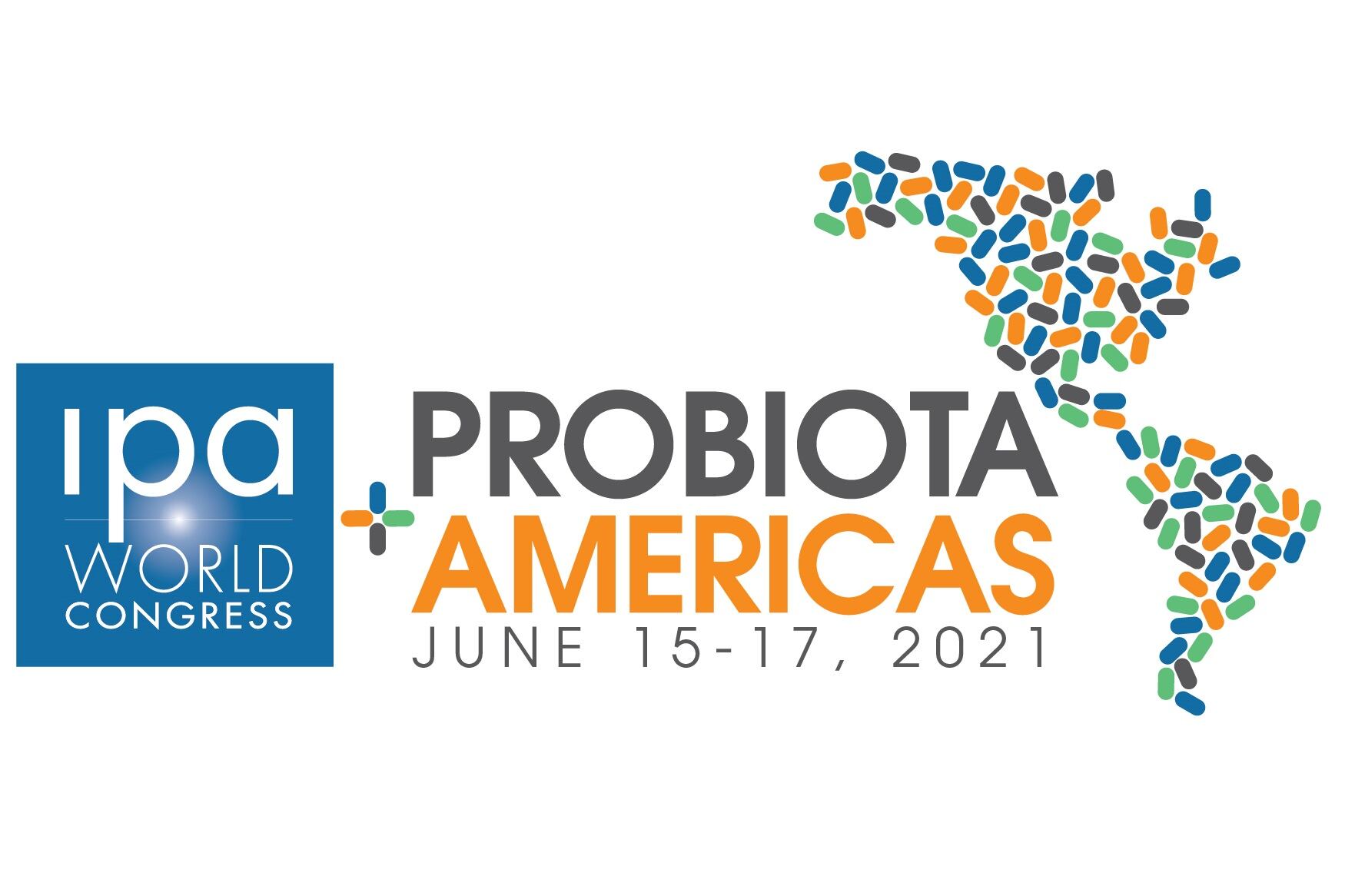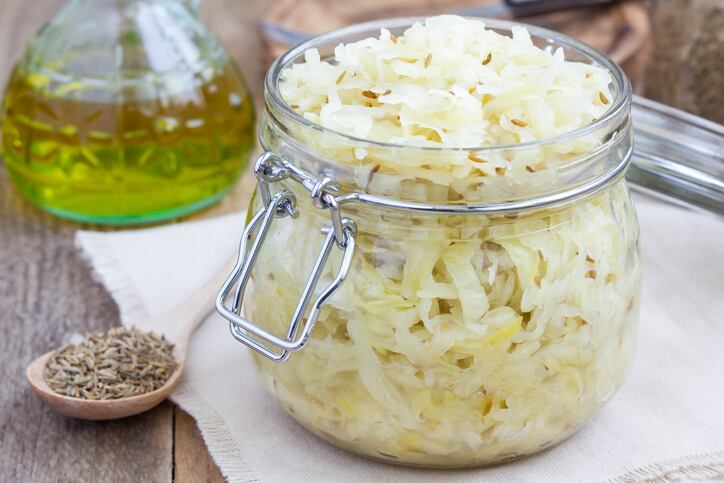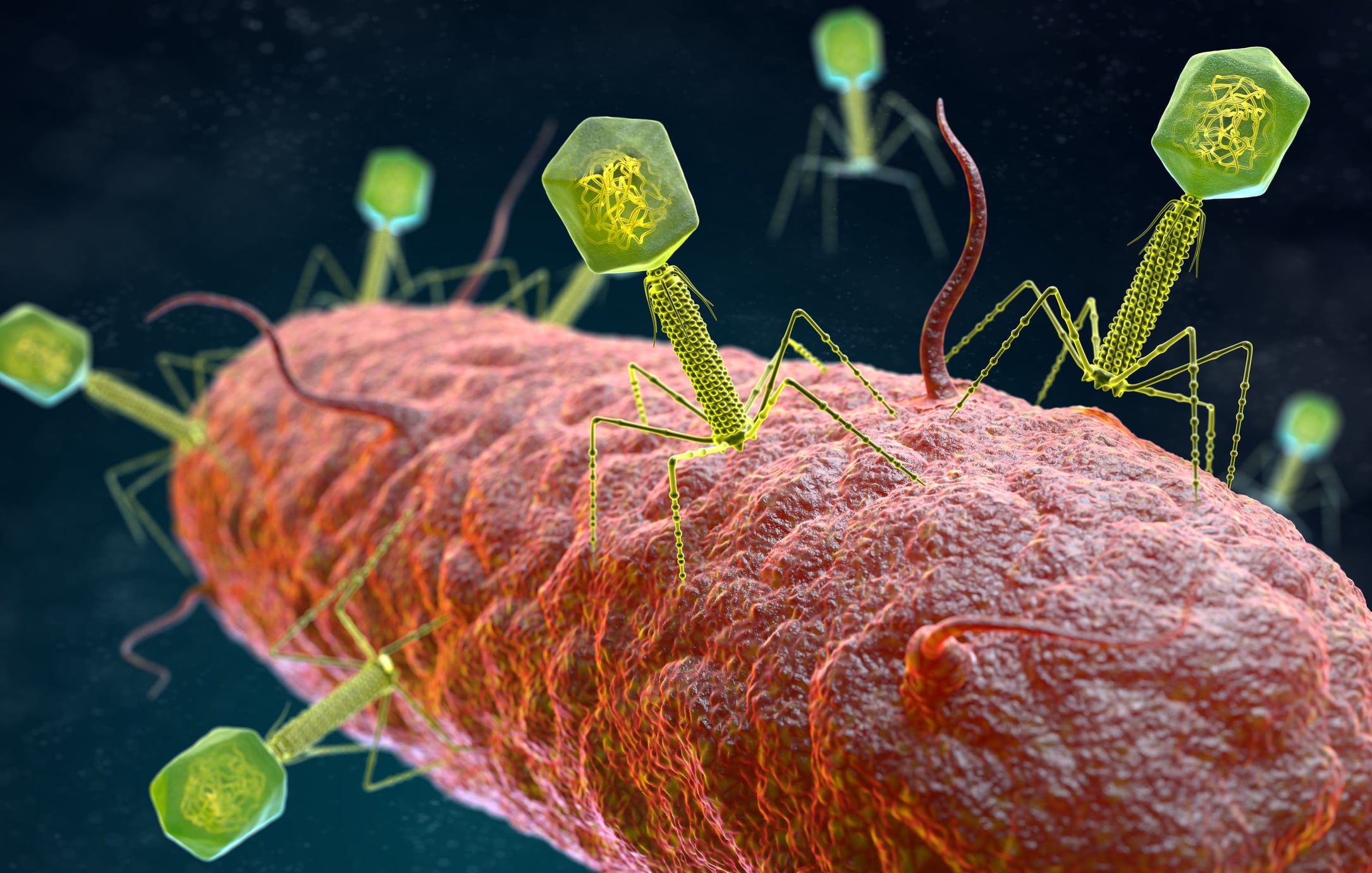Prof. Robert Hutkins, PhD, heads his own lab in the Food Science and Technology Department at the University of Nebraska in Lincoln. Hutkins has studied the composition and effects of fermented foods within the context of their effects on health in general and the makeup of the gut microbiota in particular.
Hutkins, who is also the Khem Shahani Professor of Food Science at the university, follows in the footsteps of that pioneer in probiotic science. Shahani was among the first to isolate a probiotic lactobacillus strain and his work laid the foundation for the company Nebraska Cultures. Wisconsin-based UAS Labs acquired Nebraska Cultures in 2019 and the combined company became part of Danish firm Chr. Hansen in 2020.
Hutkins’ research extends to all forms of products aimed at gut health, including probiotics, prebiotics and synbiotics. But long before there were isolated probiotics, a field that Shahani helped initiate and so stated a tradition of gut health research at the university, there were fermented foods.
Fermentation’s rich history
The history of fermented foods extends back almost as long as agriculture itself. Most authorities put the start of organized farming at about 12,000 years ago, though some recent evidence indicates it might be as much as twice as old as that. Archaeological evidence suggests the Chinese were brewing a form of beer starting about 7,000 years ago, and beer recipes and brewing accoutrements can be found in the archeological records from ancient Babylon and Egypt.
Fermented vegetables came along later, apparently starting about 300 BCE. Fermented tea (later called kombucha) is dated to around 200 BCE, and fermented legume and grain products, such as miso and sake, came along in the 500 to 1,000 CE time frame.
When talking about what to ingest when trying to build a healthy microbiome, this ancient class of foods is still the modern first choice, Hutkins said.
“When you think about gut health and what constitutes the population of microbes that lives in our gut, it is fermented foods that can contribute beneficial microbes on a daily basis,” Hutkins said.
“These microbes are not ‘persisters,’ but they do have positive effects,” he said.
Fermentation and the hygiene hypothesis
Hutkins said the historical use of fermented foods feeds into the modern hygiene hypothesis, in which some maladies such as food sensitivities, prevalent allergies and even some autoimmune disorders are attributed to insufficient exposure to microbes in the environment.
Historical food preparation resembled modern sanitary practices in hardly any way. People were accustomed to eating foods laden with microbes. While that probably contributed to their having more diverse microbiomes, it obviously wasn’t universally a good thing, as food borne illnesses were part of that picture.
Fermented foods were a safe way to ingest rich suite of microbes, and all that was figured out even before people were aware that it was the microbes themselves that were responsible for the fermentation process.

Hutkins said there is a variety of evidence to support the health promoting properties of these foods, including longitudinal observational studies that include many thousands of subjects.
“For sure the strongest evidence, the well published part of that equation is the epidemiological data that people who consume a lot of fermented foods have lower risk of a lot of contemporary diseases,” Hutkins said.
“And there is a lot of primary clinical data showing a range of health benefits conferred by the live microorganisms in yogurts and kefir,” Hutkins said.
ISAPP consensus paper
The health halo building up around fermented foods was growing big enough that the International Scientific Association for Probiotics and Prebiotics (ISAPP) decided it was a good idea to put out a position paper on these foodstuffs and ingredients. Hutkins was one of the coauthors of the consensus statement that was published earlier this year.
Among the things the paper accomplished was to put some definitions around the use of the term. Could I call my mustard a fermented food, and so trade on that health halo, just because vinegar is one of the ingredients? The ISAPP paper excludes such products and others that use chemical acidification sans microbes from the definition.
Fermentation and polyphenols
Polyphenols are a class of food constituents and ingredients that are gaining attention in the gut health realm. These hard to absorb compounds are increasingly associated with beneficial microbial reactions in the gut. Fermentation has a role here, too, Hutkins said in that the polyphenols in polyphenol-rich fermented foods such as red cabbage and beets undergo changes that make them an even better source of beneficial metabolites when they become food for microbes.
Hutkins said fermented foods are big part of the story of healthfulness of the Mediterranean diet. Fermented olives are one of the oldest food items in trade and have been a foundational part of that eating style for millennia.
“When people ask me what they should do for their gut health I tell them to eat diets rich in fermented foods and are rich in fiber,” Hutkins said.
“People like to eat food and it’s easier to recommend they eat a high fiber diet rather than tell them to look for a product that has inulin in it. And really the best example is the Mediterranean diet,” he added.

Prof Hutkins will explore the topic of synbiotics at the upcoming IPA World Congress + Probiota Americas 2021, June 15-17, during the session: Beyond Probiotics: Prebiotics, Synbiotics and Postbiotics The session kicks off with a presentation by Aubrey Levitt, Co-Founder, Postibiotics+, and is followed by a panel discussion about synbiotics, postbiotics, HMOs, bacteriophages, and much more, featuring Dr Hutkins, Dr Ross Pelton (Essential Formulas), Dr John Deaton (Deerland Probiotics & Enzymes), and Dr Sonia Hartunian-Sowa (DSM North America).
For more information and to book your place today, click HERE.




